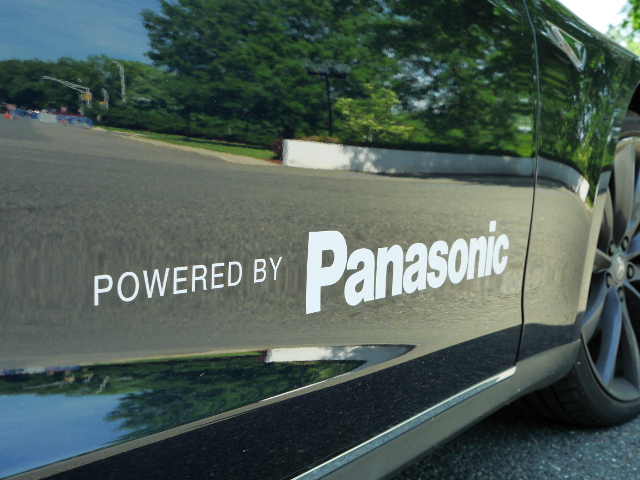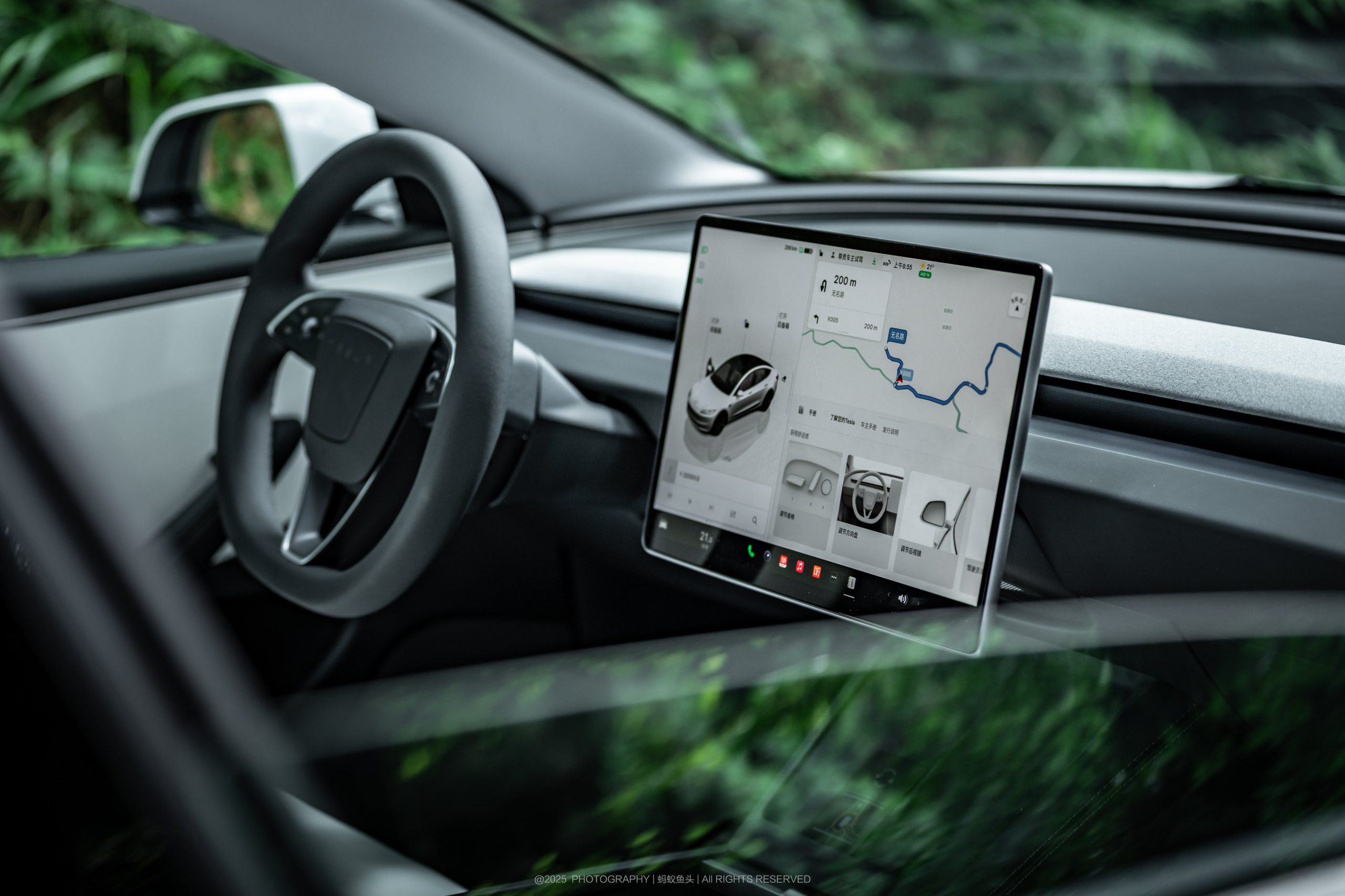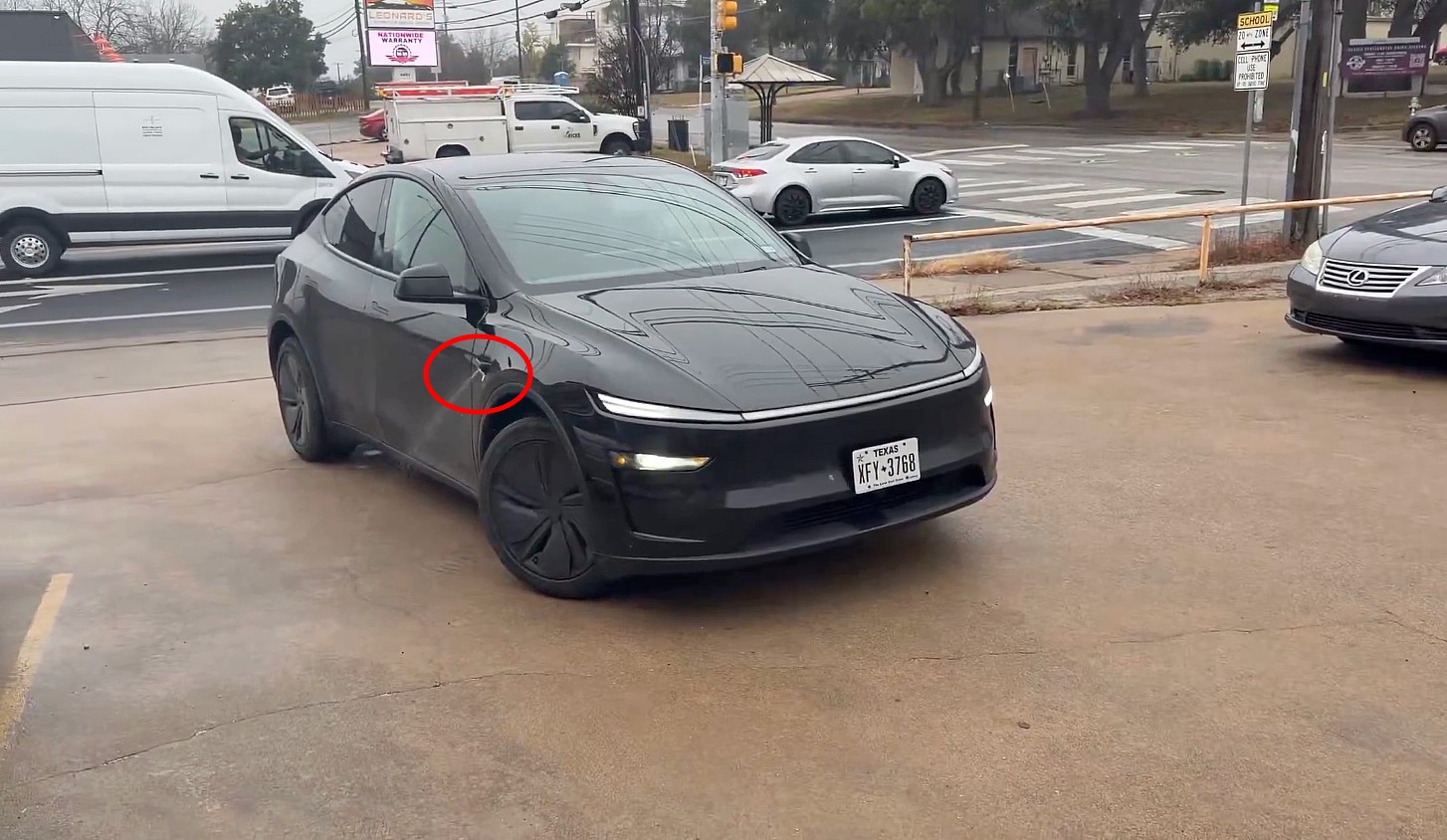News
Panasonic and Tesla Reach Agreement to Expand Supply of Automotive-Grade Battery Cells

Panasonic will expand its existing production of lithium-ion battery cells by 2 billion over the next four years to cover the increased demand from Tesla Motors. Sourced from the Tesla Motors Press Release:
OSAKA, Japan / PALO ALTO, Calif. — Panasonic Corporation and Tesla Motors today announced that the two companies have reached an agreement in which Panasonic will expand its supply of automotive-grade lithium-ion battery cells to Tesla. With this agreement, the two companies update and expand their 2011 arrangement to now supply nearly 2 billion cells over the course of four years. The lithium-ion battery cells purchased from Panasonic will be used to power the award winning Model S as well as Model X, a performance utility vehicle that is scheduled to go into production by the end of 2014.
This agreement builds upon a multi-year collaboration between Panasonic and Tesla to develop next-generation automotive-grade battery cells and accelerate the market expansion of electric vehicles. Panasonic’s cells combined with Tesla’s proven EV battery expertise have already enabled more than 130 million customer miles driven in Tesla Roadsters and Model S.
“This expanded agreement with Panasonic is important to Tesla as we continue to increase the pace of production,” said Tesla Co-Founder and CEO Elon Musk. “We look forward to strengthening our relationship with Panasonic, and I’m confident that this partnership will continue to be an integral part of Tesla’s success for years to come.”
Together, Panasonic and Tesla have developed a next-generation battery cell technology that provides the highest energy density and best performance cells in the market. Panasonic’s cylindrical cell is a customized technology designed specifically for optimizing electric vehicle quality and life. These cells are integrated by Tesla into the battery pack in a way that enables an industry-leading range of approximately 265 miles for the Model S.
“We are extremely proud to be a strategic partner of Tesla,” said Yoshihiko Yamada, president of the Automotive & Industrial Systems Company, an internal company of Panasonic. “Panasonic will increase its production capacity of lithium-ion battery cells to supply Tesla’s growing needs as it expands its production of EVs.”
ABOUT PANASONIC
Panasonic Corporation is a worldwide leader in the development and engineering of electronic technologies and solutions for customers in residential, non-residential, mobility and personal applications. Since its founding in 1918, the company has expanded globally and now operates over 500 consolidated companies worldwide, recording consolidated net sales of 7.30 trillion yen for the year ended March 31, 2013. Committed to pursuing new value through innovation across divisional lines, the company strives to create a better life and a better world for its customers. For more information about Panasonic, please visit the company’s website at panasonic.net
ABOUT TESLA
Tesla Motors’ (NASDAQ: TSLA) goal is to accelerate the world’s transition to electric mobility with a full range of increasingly affordable electric cars. California-based Tesla designs and manufactures EVs, as well as EV powertrain components for industry partners. Tesla has delivered over 15,000 electric vehicles to customers in 31 countries.
Image Source: SmallCameraBigPicture.com

Elon Musk
Tesla to increase Full Self-Driving subscription price: here’s when

Tesla will increase its Full Self-Driving subscription price, meaning it will eventually be more than the current $99 per month price tag it has right now.
Already stating that the ability to purchase the suite outright will be removed, Tesla CEO Elon Musk said earlier this week that the Full Self-Driving subscription price would increase when its capabilities improve:
“I should also mention that the $99/month for supervised FSD will rise as FSD’s capabilities improve. The massive value jump is when you can be on your phone or sleeping for the entire ride (unsupervised FSD).”
This was an expected change, especially as Tesla has been hinting for some time that it is approaching a feature-complete version of Full Self-Driving that will no longer require driver supervision. However, with the increase, some are concerned that they may be priced out.
$99 per month is already a tough ask for some. While Full Self-Driving is definitely worth it just due to the capabilities, not every driver is ready to add potentially 50 percent to their car payment each month to have it.
While Tesla has not revealed any target price for FSD, it does seem that it will go up to at least $150.
I should also mention that the $99/month for supervised FSD will rise as FSD’s capabilities improve.
The massive value jump is when you can be on your phone or sleeping for the entire ride (unsupervised FSD). https://t.co/YDKhXN3aaG
— Elon Musk (@elonmusk) January 23, 2026
Additionally, the ability to purchase the suite outright is also being eliminated on February 14, which gives owners another reason to be slightly concerned about whether they will be able to afford to continue paying for Full Self-Driving in any capacity.
Some owners have requested a tiered program, which would allow people to pay for the capabilities they want at a discounted price.
Unsupervised FSD would be the most expensive, and although the company started removing Autopilot from some vehicles, it seems a Supervised FSD suite would still attract people to pay between $49 and $99 per month, as it is very useful.
Tesla will likely release pricing for the Unsupervised suite when it is available, but price increases could still come to the Supervised version as things improve.
This is not the first time Musk has hinted that the price would change with capability improvements, either. He’s been saying it for some time. In 2020, he even said the value of FSD would “probably be somewhere in excess of $100,000.”
The FSD price will continue to rise as the software gets closer to full self-driving capability with regulatory approval. It that point, the value of FSD is probably somewhere in excess of $100,000.
— Elon Musk (@elonmusk) May 18, 2020
News
Tesla starts removing outright Full Self-Driving purchase option at time of order

Tesla has chosen to axe the ability to purchase Full Self-Driving outright from a select group of cars just days after CEO Elon Musk announced the company had plans to eliminate that option in February.
The company is making a clear-cut stand that it will fully transition away from the ability to purchase the Full Self-Driving suite outright, a move that has brought differing opinions throughout the Tesla community.
Earlier this week, the company also announced that it will no longer allow buyers to purchase Full Self-Driving outright when ordering a pre-owned vehicle from inventory. Instead, that will be available for $99 per month, the same price that it costs for everyone else.
The ability to buy the suite for $8,000 for a one-time fee at the time of order has been removed:
NEWS: Tesla no longer allows buyers to purchase FSD outright in the U.S. when ordering a pre-owned vehicle directly from inventory. Tesla now gives you the option to either subscribe for $99/month, or purchase FSD outright after taking delivery (available until February 14th). pic.twitter.com/1xZ0BVG4JB
— Sawyer Merritt (@SawyerMerritt) January 23, 2026
This is a major move because it is the first time Tesla is eliminating the ability to purchase FSD outright for one flat fee to any of its vehicles, at least at the time of purchase.
It is trying to phase out the outright purchase option as much as it can, preparing people for the subscription-based service it will exclusively offer starting on February 14.
In less than a month, it won’t be available on any vehicle, which has truly driven some serious conversation from Tesla owners throughout the community.
There’s a conflict, because many believe that they will now lose the ability to buy FSD and not pay for it monthly, which is an attractive offer. However, others believe, despite paying $8,000 for FSD, that they will have to pay more money on top of that cost to get the unsupervised suite.
Additionally, CEO Elon Musk said that the FSD suite’s subscription price would increase over time as capabilities increase, which is understandable, but is also quite a conflict for those who spent thousands to have what was once promised to them, and now they may have to pay even more money.
News
Tesla Robotaxi has a highly-requested hardware feature not available on typical Model Ys
These camera washers are crucial for keeping the operation going, as they are the sole way Teslas operate autonomously. The cameras act as eyes for the car to drive, recognize speed limit and traffic signs, and travel safely.

Tesla Robotaxi has a highly-requested hardware feature that is not available on typical Model Ys that people like you and me bring home after we buy them. The feature is something that many have been wanting for years, especially after the company adopted a vision-only approach to self-driving.
After Tesla launched driverless Robotaxi rides to the public earlier this week in Austin, people have been traveling to the Lone Star State in an effort to hopefully snag a ride from one of the few vehicles in the fleet that are now no longer required to have Safety Monitors present.
BREAKING: Tesla launches public Robotaxi rides in Austin with no Safety Monitor
Although only a few of those completely driverless rides are available, there have been some new things seen on these cars that are additions from regular Model Ys, including the presence of one new feature: camera washers.
With the Model Y, there has been a front camera washer, but the other exterior “eyes” have been void of any solution for this. For now, owners are required to clean them manually.
In Austin, Tesla is doing things differently. It is now utilizing camera washers on the side repeater and rear bumper cameras, which will keep the cameras clean and keep operation as smooth and as uninterrupted as possible:
🚨 Tesla looks to have installed Camera Washers on the side repeater cameras on Robotaxis in Austin
pic.twitter.com/xemRtDtlRR— TESLARATI (@Teslarati) January 23, 2026
Rear Camera Washer on Tesla Robotaxi pic.twitter.com/P9hgGStHmV
— TESLARATI (@Teslarati) January 24, 2026
These camera washers are crucial for keeping the operation going, as they are the sole way Teslas operate autonomously. The cameras act as eyes for the car to drive, recognize speed limit and traffic signs, and travel safely.
This is the first time we are seeing them, so it seems as if Safety Monitors might have been responsible for keeping the lenses clean and unobstructed previously.
However, as Tesla transitions to a fully autonomous self-driving suite and Robotaxi expands to more vehicles in the Robotaxi fleet, it needed to find a way to clean the cameras without any manual intervention, at least for a short period, until they can return for interior and exterior washing.









